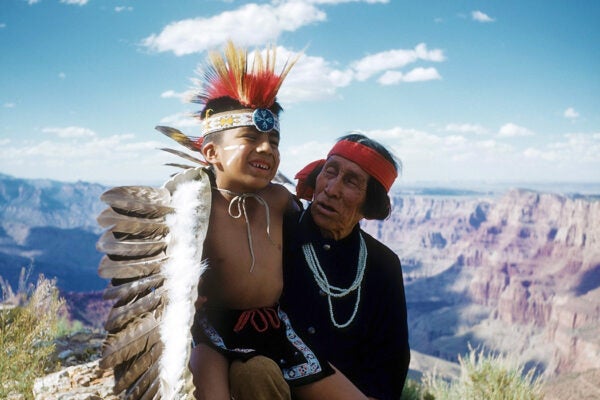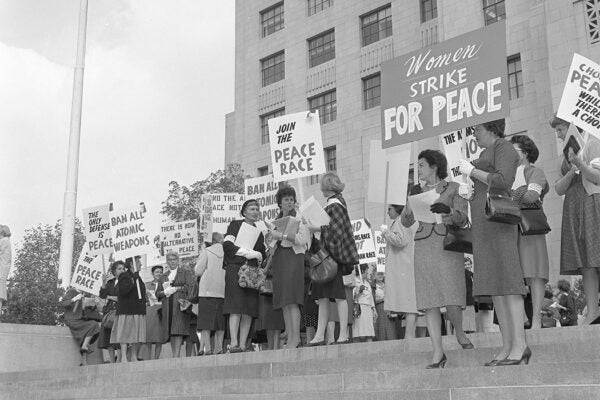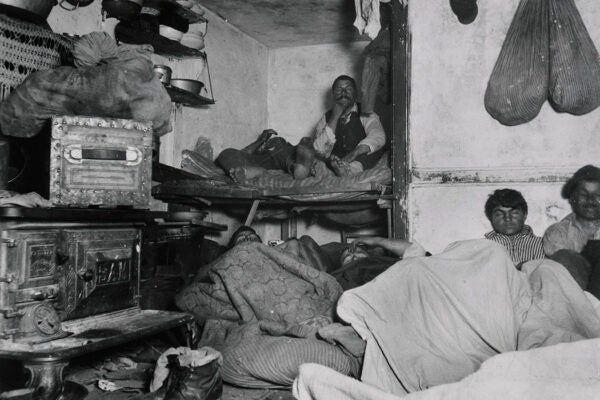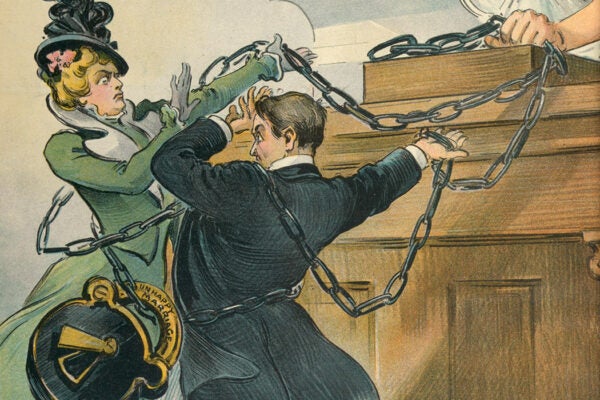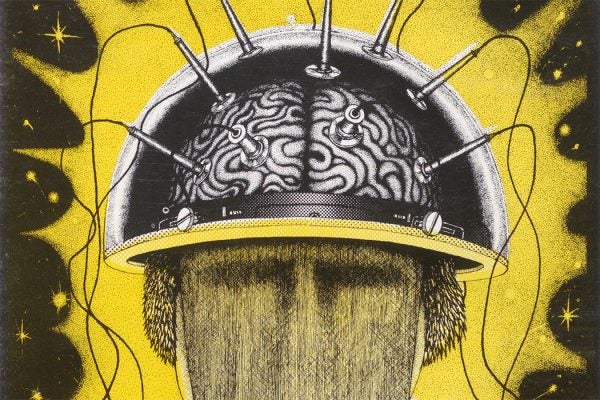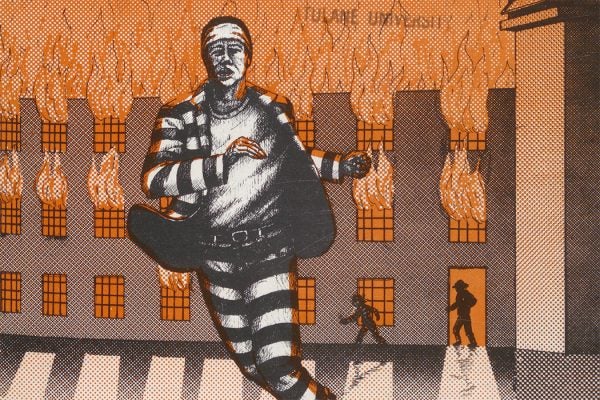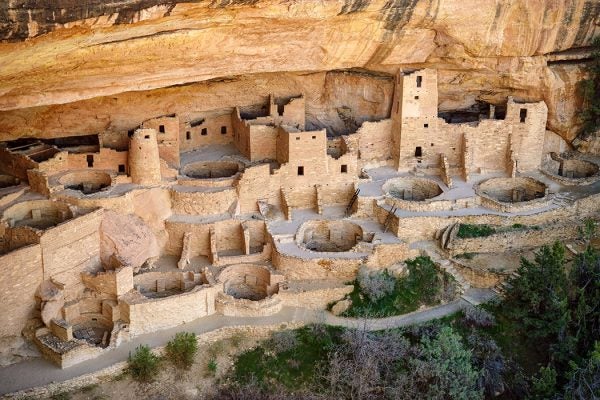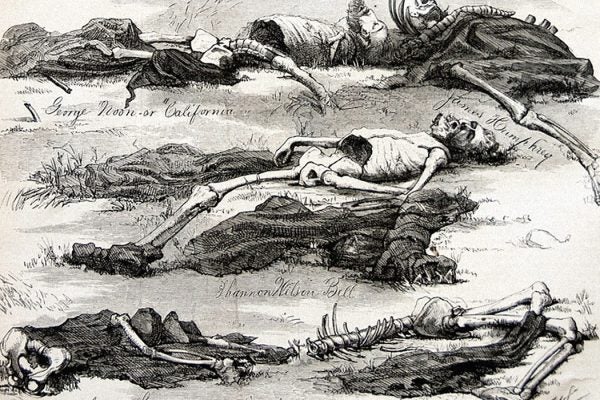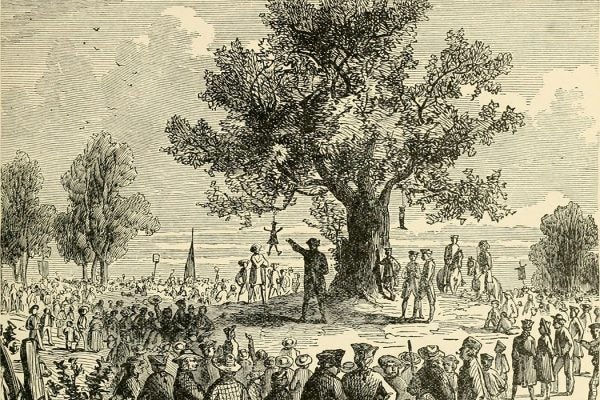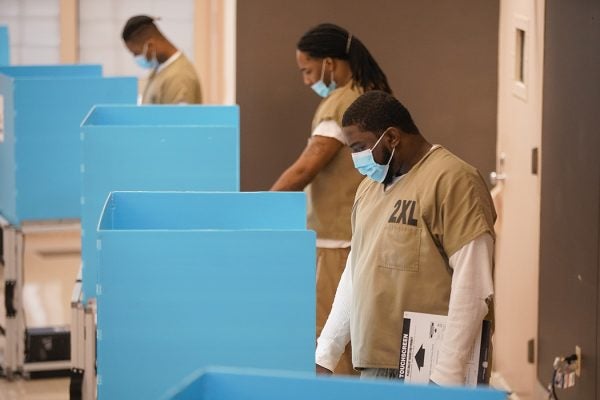Understanding the Indian Child Welfare Act
The ICWA wasn’t implemented perfectly, but it reversed a centuries-old pattern of removing Native children from their families and their tribes.
HUAC versus Women Strike for Peace
American leftists were hamstrung by the Cold War’s domestic clampdown on communism, but in the 1960s, Women Strike for Peace re-wrote the book of dissent.
When Lodgers Were “Evil”
A wave of immigration from eastern and southern Europe transformed urban landscapes, creating crowded tenements that stoked humanitarian concerns.
The Lost History of No-Fault Divorces
The regulation of divorce has changed a lot in the twentieth century. The National Association of Women Lawyers was instrumental in making that change happen.
The Fatal Current: Electrocution as Progress?
The electric chair was promoted as civilized and at the same time imbued with the technological sublime, the mystery of electrical power harnessed by humans.
Cold War Flames on US Soil: The Oakdale Prison Riot
In the 1980s, Cold War tensions led to thousands of Cubans languishing in American prisons, unable to be released or repatriated. Uprisings followed.
Why Did They Leave the Pueblos?
The Ancestral Puebloans were driven from their homes in the American Southwest by a combination of factors rather than a single cause.
The Colorado Cannibal
Prospector Alferd Packer, stranded in the San Juan Mountains, was forced to eat his companions to survive the brutal winter conditions. Or was he?
The Letter That Helped Start a Revolution
The Town of Boston’s invention of the standing committee 250 years ago provided a means for building consensus during America’s nascent independence movement.
Voting Rights for People Convicted of Felonies
Formerly incarcerated people comprise the largest group of disenfranchised American voters. The American Prison Newspapers collection offers fresh insight into the issue.
